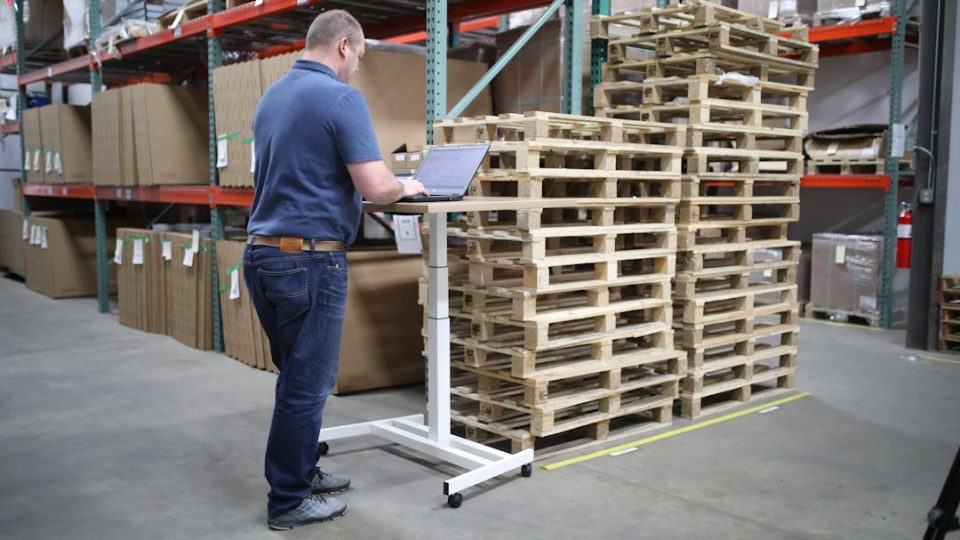Automation has revolutionized the manufacturing industry, promising increased efficiency, productivity, and cost savings. However, this technological advancement has also raised concerns about its impact on manufacturing jobs. As automation continues to advance, the question of how it will affect the workforce looms large.
One of the main concerns surrounding automation is the fear that machines will replace human workers, leading to widespread job loss. While it is true that automation has the potential to eliminate certain low-skilled, repetitive tasks traditionally done by manual labor, it also creates new opportunities for skilled workers to manage and maintain the technology. In fact, automation has the potential to create more jobs than it eliminates, provided that workers are equipped with the necessary skills to adapt to the changing landscape of the industry.
Automation has already transformed the manufacturing industry in many ways. Robots are increasingly being used to perform tasks that are dangerous or monotonous for humans, leading to safer working conditions and reducing the risk of workplace accidents. Automated processes also allow for faster production times and higher levels of precision, resulting in higher quality products. This has helped companies remain competitive in an increasingly globalized market.
However, the implementation of automation in manufacturing has not been without its challenges. Many workers fear that their jobs will be at risk as companies adopt new technologies. This has led to concerns about the potential for increased unemployment and income inequality. In response to these concerns, some companies have begun to invest in retraining programs for their employees to help them transition to new roles within the organization.
It is clear that the impact of automation on manufacturing jobs is complex and multifaceted. While some jobs may be displaced by automation, new opportunities are also being created as companies invest in new technology and innovation. In order to harness the benefits of automation while minimizing the negative consequences, it is important for policymakers, businesses, and workers to work together to address the challenges posed by this technological shift.
One potential solution to mitigate the impact of automation on manufacturing jobs is to invest in education and training programs that equip workers with the skills needed to thrive in a more automated workplace. This could include training in robotics, programming, and other technical skills that are in high demand in the industry. By preparing workers for the jobs of the future, companies can ensure that they have access to a skilled workforce that is able to adapt to the changing demands of the industry.
Another way to address the impact of automation on manufacturing jobs is to focus on creating new opportunities for workers within the industry. This could involve reimagining job roles to incorporate automation technology, allowing workers to collaborate with machines rather than being replaced by them. By finding ways to integrate automation into existing manufacturing processes, companies can create new roles for workers that leverage their skills and expertise.
Ultimately, the impact of automation on manufacturing jobs will depend on how companies, workers, and policymakers respond to the challenges and opportunities presented by this technological shift. While automation has the potential to transform the industry in positive ways, it is important to ensure that workers are not left behind. By investing in education, training, and new job opportunities, we can help ensure that the benefits of automation are shared by all stakeholders in the manufacturing industry.


